In a time when many African democracies are embracing transparency and inclusive electoral processes, Malawi’s Electoral Commission (MEC) has taken a step that observers say undermines this progressive trajectory. In a letter dated 5th June 2025, the Commission rejected a formal request by Chisankho Watch, a coalition of respected civil society organisations, for access to electronic copies of the country’s voters’ register.
The request, submitted on 2nd May 2025, was intended to facilitate an independent Voter List Verification (VLV) exercise by Chisankho Watch ahead of the 2025 General Elections. The coalition—comprising the Catholic Commission for Justice and Peace (CCJP), the Public Affairs Committee (PAC), mHub, and the Gender Justice Unit (GJU)—had hoped to analyse the accuracy, completeness, and currency of the register as part of efforts to promote credible elections.
The voter register, which includes details such as a voter’s name, sex, date of birth, residence, national ID number, registration date, and 26-digit registration code, is a critical document in any election. However, the coalition emphasised that it was not requesting any biometric data. Its goal was to scrutinise the register for irregularities, such as duplicate entries, ineligible voters, and potential disenfranchisement, and to provide the Commission with evidence-based recommendations.
Despite the coalition’s assurance that it would use the data solely for verification purposes and in full compliance with data protection laws, the MEC turned down the request, citing legal constraints. The Commission referred to Sections 20 and 21 of the 2023 Presidential, Parliamentary, and Local Government Elections Act, which it interpreted as restricting access to the register strictly for voter inspection—not for third-party data analysis.
In the letter, the Commission argued that it had already made the register available at all registration centres and MEC regional offices for public inspection during the prescribed period. It also noted the availability of a mobile verification platform through a designated code, which allowed individual voters to verify their details via mobile phone.
Yet observers say this response fails to meet the spirit of electoral transparency, especially in an era when civil society groups across Africa are being empowered to play a more meaningful role in electoral oversight. Independent voter list verifications have become standard practice in countries like Côte d’Ivoire, where electoral commissions work hand-in-hand with civic watchdogs to strengthen voter trust.
The Commission’s refusal, while couched in legal language, raises deeper concerns about the institution’s commitment to transparency and stakeholder inclusion. Critics argue that allowing CSOs to analyse the voter roll could only serve to enhance, not threaten, public confidence in the electoral process.
Chisankho Watch had pledged to share its findings confidentially with the MEC before any public release. This cooperative approach was meant to ensure that the Commission could address any concerns and demonstrate responsiveness. However, with the door now effectively closed on independent verification, the electorate is left to question the robustness of the roll that will determine who can and cannot vote in one of the most important elections in Malawi’s recent history.
At the heart of the matter lies a fundamental question: Should legal provisions be interpreted rigidly at the expense of democratic accountability? Or should the law evolve to support deeper civic engagement in the electoral process?
For a country that recently restored its democratic integrity with the landmark 2020 Fresh Presidential Election, Malawi risks regressing if electoral institutions adopt a closed-door approach. The 2025 elections are not just about ballots and winners—they are a test of how far Malawi is willing to go in embracing openness, transparency, and public trust.
As other nations on the continent strive to open their democratic spaces, Malawi stands at a crossroads. The decision by the Malawi Electoral Commission may be legal, but whether it is just, democratic, or wise remains to be seen.


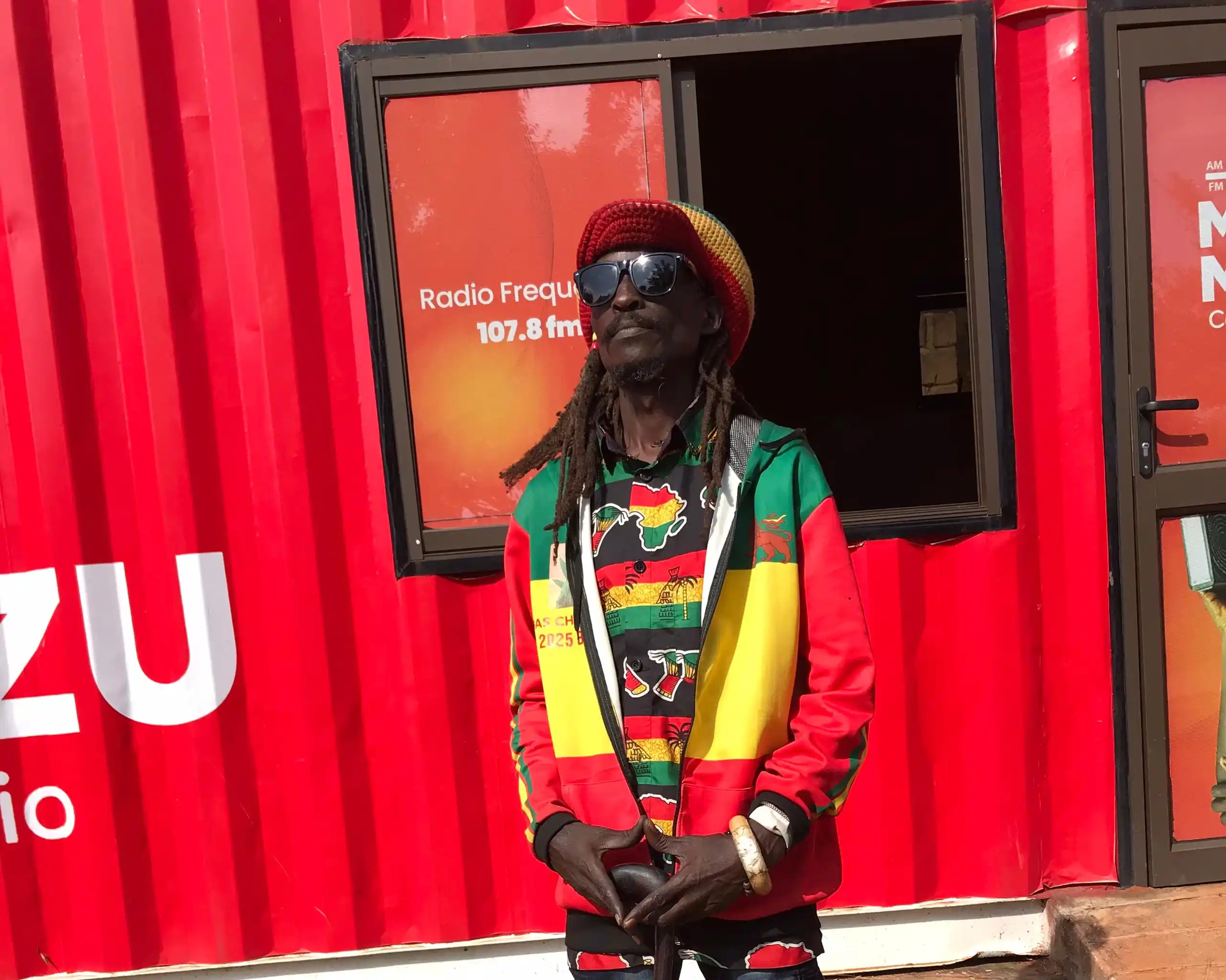

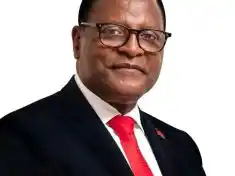
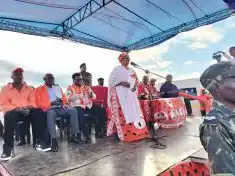
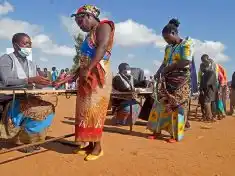
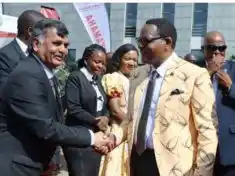
0 Comments